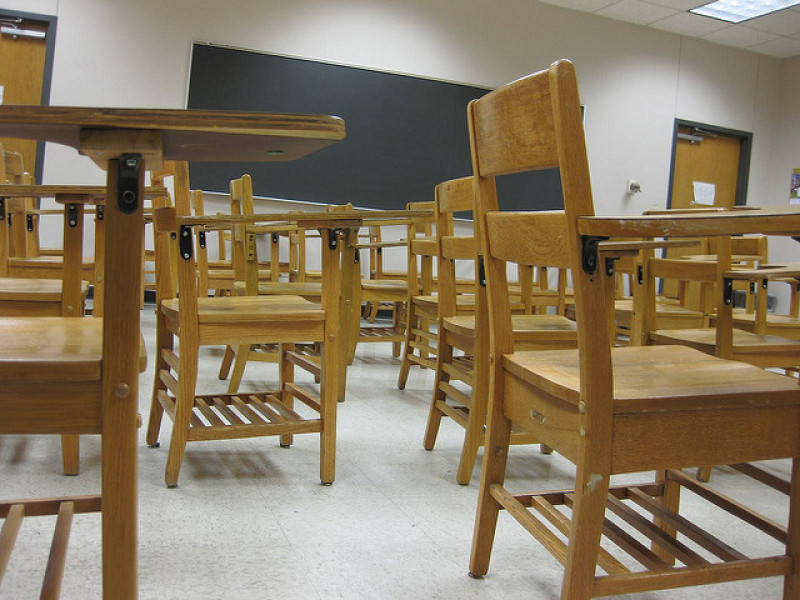
A Welsh government bill would soon ask schools in Wales to incorporate humanism in their curriculum. Christian parents worry on their child's education.
The Curriculum and Assessment (Wales) Bill, first introduced in July 2020, is now one stage short to its completion. On March 9, the Welsh parliament agreed for its passage.
First reported by The Christian Post, this bill would amount to "transferring the right of parents to decide their child's best interests about sex and religious education to the State." This was underscored by Elizabeth Francis, a legal officer for human rights group Alliance Defending Freedom, U.K., in her critique published in The Conservative Woman.
Francis said that this should concern parents as the proposed approach for children's education in the bill would subtly slip in humanist ideologies. This was initially noticed in the terminologies where the bill changes "religious education" to "religion, values, and ethics."
Other Christians working in firms were equally concerned as other governments in England and Wales seem to be, in Francis words, "legislating deliberately to neglect parental rights - principles long upheld both domestic and internationally."
According to The Christian Institute, this new 'Religion, Values and Ethics' (RVE) curriculum will teach non-religious worldviews alongside Christianity and other religious beliefs. There is also a provision in the bill that allows a "disproportionate time to be spent for the study of Humanism or atheism."
Additionally, after parental objections on teachings they object to like sex education will be removed, lessons on humanism will become compulsory. There would no limit to the teaching time for these subjects, thereby pitting them against Christian values.
Gareth Edwards, the Institute's Wales Officer, said that the Welsh Government ignored two public consultations which should technically halt the bill's passage.
"In the last census, only 815 people said they were humanists in the whole of Wales. Why have they been handed such influence over the content of religious teaching in schools?" wondered Edwards.
Also under the new law is the controversial Relationships and Sexuality Education (RSE) subject which would allow unsuitable contents to be taught in schools. Although the new bill's provision for teaching and learning has the clause that RSE must be "developmentally appropriate for pupils or children," the exclusion of parental consent or even consultation over which material is appropriate to use negates the principle.
Counselor Francis from the ADF laments the soon erosion of the "UK's long history of recognizing and upholding parental rights in education."
"Particularly when it comes to sensitive topics, the primary role of parents has always been respected as they are best placed to determine what is age-appropriate for the background, culture, and developmental maturity of their children," said Francis.
Edwards refuses to throw in the towel. "While this is a setback, Christians will still be able to have a positive influence in schools by responding to the public consultation on the RSE code in due course, and parents should also expect to be consulted by their schools before changes are brought in," he suggested.


























